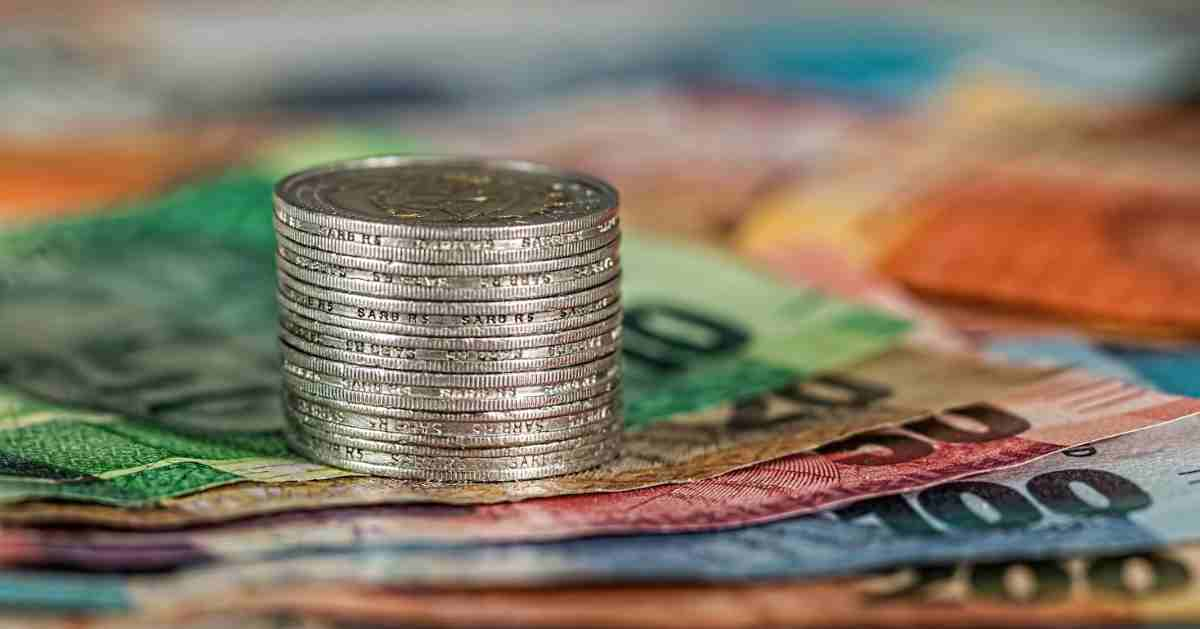7 tips to control spending and save more

Do you have a clear goal of saving every penny that you get but by the end of the month, you are left with absolutely nothing? Don’t worry, there are thousands of people just like you who, despite having the best intentions at heart, cannot seem to save much money.
In India, during the first quarter of the year 2019-20, the financial savings of households increased from 7.9% to 21.4% in quarter one of the year 2020-21. If you also want to control your spending habits and save more, here are seven golden tips for you.
1. Check your spending triggers
Often, the best way to stop spending unnecessary amounts of money is to first identify the psychological situations where we feel tempted to spend. If you remove these triggers, you will automatically stop spending large sums.
Do you feel tempted to buy things regardless of whether you actually need them or not in certain environments like craft fairs, malls, or shows? Either steer clear of such places or carry very little cash with you when you visit these areas.
2. Track your spending
Even the smallest of purchases when made back to back can result in huge expenses. By the end of the month, you’ll end up with a lot of guilt and very little in your bank account. So, it’s much wiser to keep tracking your expenditures.
You will hold yourself accountable for each transaction you make and understand where you’re spending too much. Try cutting down on luxury items like morning lattes or exclusive magazines. Even if you save up just $5 a day, you’ll end up with $150 extra every month!
3. Stick to cash
Sounds slightly strange, but sticking to cash as much as possible is a great way to stop spending more simply because it’s much more convenient to take out your credit card every time you buy something. While this convenience is needed at times, it also leads to overspending.
When you use cash, you notice how much you have in hand and how much money you’re left with after every transaction. Put a little bit of money each week in an envelope and spend only that amount, or lesser.
4. Stop relying on cards
As mentioned earlier, it’s time to forget your credit or debit cards if you’re overspending. If you go grocery shopping, take only the money you think you’ll need to buy the essential food items. It might be difficult to go out without your card in your pocket, but with time this urge to whip out your card will lessen and you’ll end up saving a lot.
If you have your card details linked with shopping websites, it can be a curse in disguise. Just one click and you’ve ended up buying a ridiculously expensive dress for no reason at all. So, delete your card details from online shopping stores. If you don’t remember those details or have them saved, the temptation to spend time entering your card number, expiration date, and all that will reduce.
5. Set goals
Setting some tiny, short-term financial goals will also aid you to save money. Having these goals will keep reminding you why you had them in the first place and to stop wasting money.
Don’t just set vague goals like, “I will reduce spending at restaurants”. Instead, be clear and write down things like, “I will reduce spending in restaurants from $300 a month to $100”.
6. Budgeting
Compare your salary to your spending. Some things like paying off education or home loans are inevitable. But things like entertainment, shopping, or even travelling can be avoided. Make a tally of your fixed expenses and budget around them.
7. Divide the money
If you have quite a bit in your account, you’ll be more likely to keep spending. So, divide this money into smaller bank accounts like retirement funds or savings accounts. When you see you have lesser money in each of those accounts, you won’t end up spending whimsically.
For this, you shall need proper financial awareness. Go to your bank or a trusted source and ask them to help you out regarding where to put how much.
Over to you…
Learning how to stop spending money is tough, but not impossible. If you set clear goals for yourself and try your best to follow them, you’ll see a fat sum of money sitting in your account every month.






